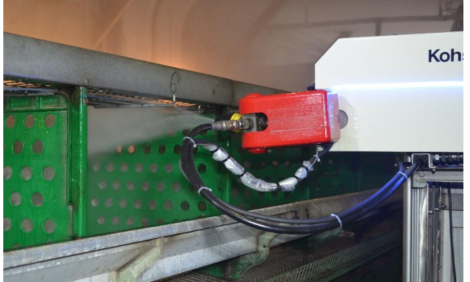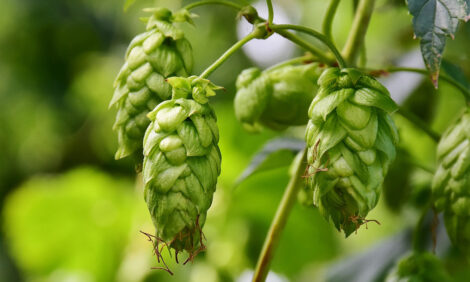



High–Pressure Inactivation of <em>Escherichia coli</em>, <em>Campylobacter jejuni</em> and Spoilage Microbiota on Poultry Meat
The preservation of fresh chicken requires a combination of high pressure with high temperature (40 to 60°C) or other antimicrobial measures, according to new research from Canada.In a paper published in Journal of Food Protection, Yang Liu and colleagues at the University of Edmonton in Canada report a study to evaluate the high–pressure inactivation of Campylobacter jejuni, Escherichia coli, and poultry meat spoilage organisms.
All treatments were performed in aseptically prepared minced poultry meat. Treatment of 19 strains of C. jejuni at 300MPa and 30°C revealed a large variation of pressure resistance.
The recovery of pressure–induced sublethally injured C. jejuni depended on the availability of iron. The addition of iron content to enumeration media was required for resuscitation of sublethally injured cells. Survival of C. jejuni during storage of refrigerated poultry meat was analysed in fresh and pressure–treated poultry meat, and in the presence or absence of spoilage microbiota. The presence of spoilage microbiota did not significantly influence the survival of C. jejuni.
Pressure treatment at 400MPa and 40°C reduced cell counts of Brochothrix thermosphacta, Carnobacterium divergens, C. jejuni and Pseudomonas fluorescens to levels below the detection limit. Cell counts of E. coli AW1.7, however, were reduced by only 3.5 log (colony–forming units, CFU, per gramme) and remained stable during subsequent refrigerated storage.
The resistance to treatment at 600MPa and 40°C of E. coli AW1.7 was compared with Salmonella enterica, Shiga toxin–producing E. coli and non–pathogenic E. coli strains, and Staphylococcus spp. Cell counts of all organisms except E. coli AW 1.7 were reduced by more than 6 log CFU per gramme. Cell counts of E. coli AW1.7 were reduced by 4.5 log CFU per gramme. Moreover, the ability of E. coli AW1.7 to resist pressure was comparable to the pressure-resistant mutant E. coli LMM1030.
The results indicate that preservation of fresh meat requires a combination of high pressure with high temperature (40 to 60°C) or other antimicrobial hurdles, concluded Liu and co-authors.
Reference
Liu, Y., M. Betti and M. Gänzle. 2012. High pressure inactivation of Escherichia coli, Campylobacter jejuni, and spoilage microbiota on poultry meat. Journal of Food Protection. 75(3):497–503. DOI.
Further Reading
| - | You can view the full report (fee payable) by clicking here. |
March 2012









